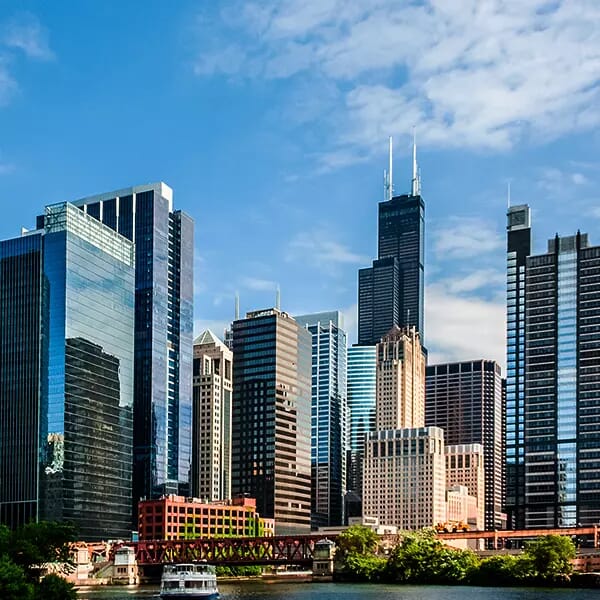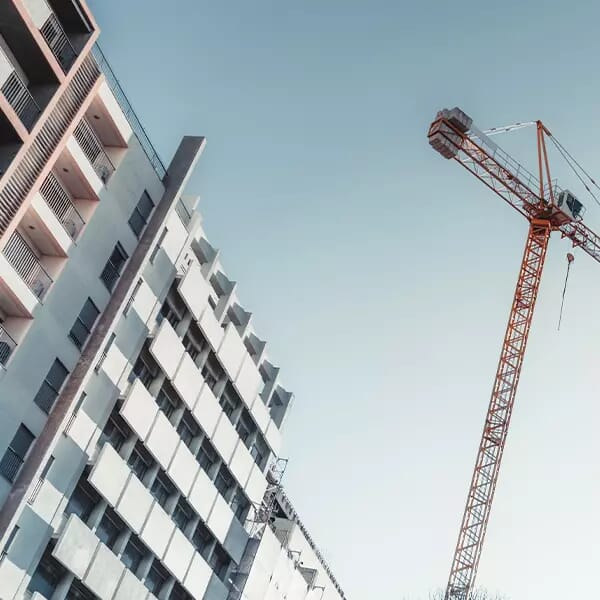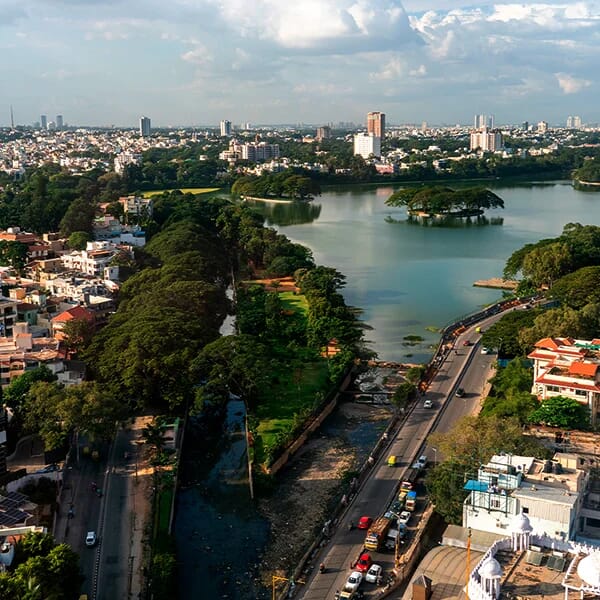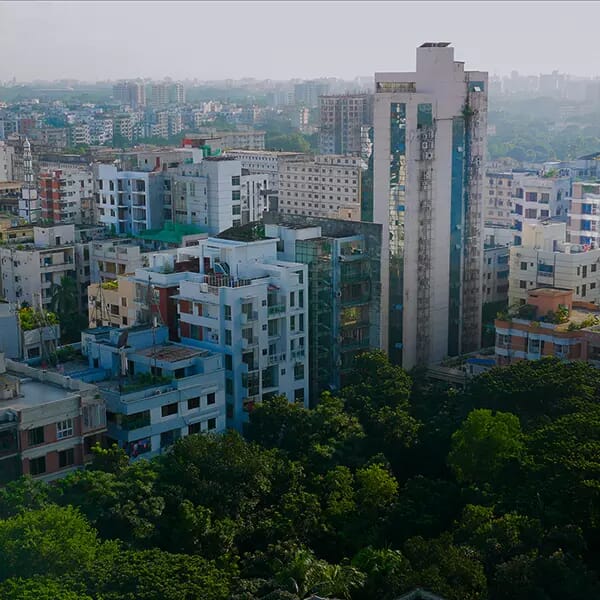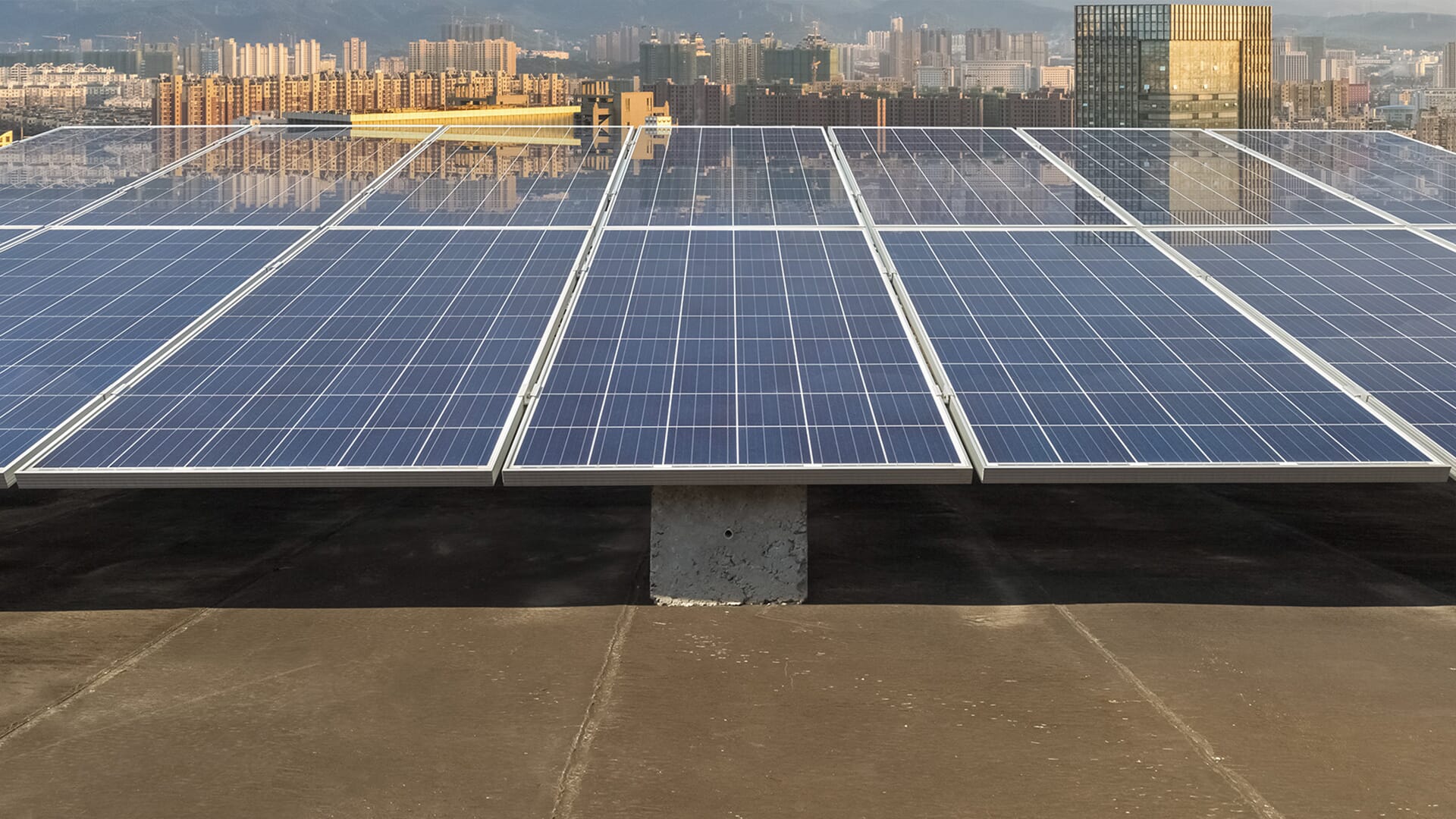 GRI Club
GRI ClubSustainable real estate projects gain market share in LatAm
Mid-level residential condominiums are embracing sustainable practices. Brazil ranks 4th in the world.
Movements by developers in Latin American countries, such as Brazil and Mexico, bring to light the latent demand for sustainable real estate projects that can generate a real increase in revenue. Companies such as Brazil’s Trisul and Mexico’s Atlas Desarrollos already operate on this market.
“For us, 2018 was an excellent year. We had a 32% growth compared to 2017, in terms of income. We believe this is a result of [offering] a unique product, such as the Monterrey condominium, Mexico’s first medium standard with solar panels,” explained Atlas Desarrollos’ director-general Arturo Correon Alonzo to GRI Hub.
The mentioned venture, Murano Residential, was launched in the second half of last year and, according to the developer, it is the country’s first 100% sustainable solar power system in a residential complex with 450 medium standard houses in the city of Monterrey. One of the strategies that was used to minimize the costs of installing the technology was a partnership with Enlight, a company specializing in renewable energy.
“What we did was negotiate the purchase [of the panels] in volume, install them in the homes, and transfer part of the costs to the buyers. On average, the mortgages [a means of funding that is quite common in the country] increased about $50.00 per month, which the clients accepted very well,” said the executive.
Property valuation
To continue growing fast, Correon Alonzo said that Atlas Desarrollos has identified a potential market in sustainable projects aimed at consumers looking for a unique property.
“We estimate 14% to 18% growth for 2019. We believe that initiatives like these, which bring a benefit to the environment, will be copied. The truth is that whoever buys a home recognizes [such a uniqueness] and is willing to pay a price for it,” he noted.
Atlas Desarrollos forecasts are twofold the expected growth of the residential segment in Mexico, between 7% and 8%, according to data from Banca Automotriz e Hipotecaria (a mortgage and auto loan department) at BBVA Bancomer.
Trend and economy
Similar cases are under development in Brazil. According to the Leadership in Energy and Environmental Design (Leed), one of the most relevant certifications for green real estate projects, which is under the responsibility of the United States Green Building Council (USGBC) and has been promoting sustainable buildings since 1993, the Country ranks 4th in the world in sustainable constructions, as announced in 2018.
One of the companies that develop sustainable projects is Trisul. As the company itself has announced on its website, the sustainable strategies adopted are guaranteed by at least two national and international certificates the company holds – Brazilian Habitat Quality and Productivity Program (PBQPH), the International Organization for Standardization (ISO), and Aqua-HQE (Haute Qualité Environnementale). The path to attain this result may involve everything from standards to achieve savings in works to the sales and valuation of these properties on the market. Also in line with the brand’s official positioning, as in the case of Atlas Desarrollo in Mexico, Trisul’s medium and high-standard projects are developed by means of structures and technologies that enable energy efficiency and economy, resulting in houses that are much more economical than traditional constructions.
Located in the São Paulo Pompéia district, Place Madalena – one of the developer’s recent residential developments – is fitted with a system designed for reusing washbasin and shower water, the so-called gray water, from half of the 124 apartments. In this case, the water runs through a separate collection system and goes to treatment, which is done in the basement of the condominium itself. After going through two filtration steps, it is reused in toilets and maintenance activities, such as garden watering, for example.
The same thing happens at the Latitude Vila Mascote residential project, in the southern zone of São Paulo; however, reuse there takes place at the construction site, thus reducing construction costs. “One hundred percent of the shower water that we use is reused at the site, and this affords savings of about 30% of the work’s total consumption. We analyzed several alternatives to save money. In other construction sites belonging to the company, in Casa Verde, northern zone, we reuse excess water from drinking fountains,” explains Trisul works manager Robson Artelite dos Santos in an official statement. Other recent company initiatives have also been the inclusion of charging points for electric cars and the installation of photovoltaic solar power in newly launched condominiums.
GRI Club Real Estate Agenda
Discussions about the most diverse real estate segments and the prospects for new investments in Latin America are topics of the conferences held by the club in the region’s countries.
Mexico GRI 2019 is scheduled for June 18 and 19, and will bring together the most important leaders of this industry. GRI Residential Brazil 2019 is also scheduled for June 18, in Brazil. Check out the Latin American program.
